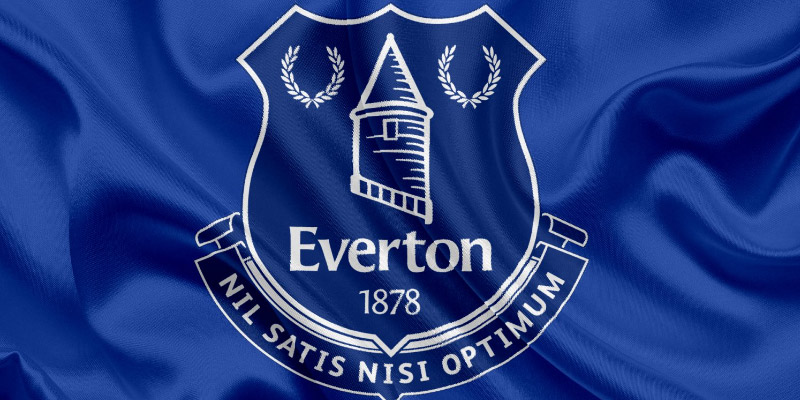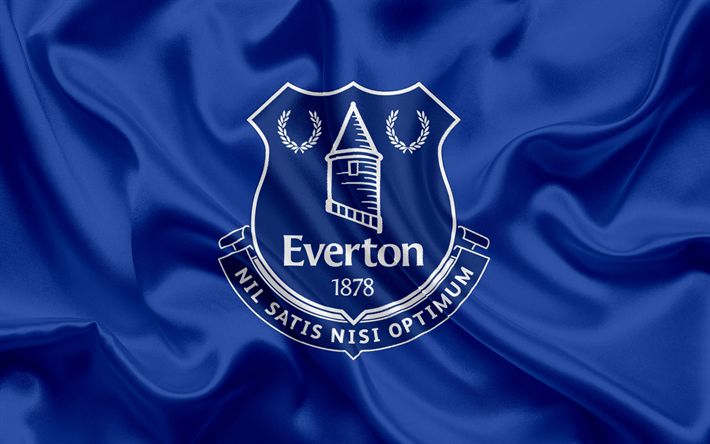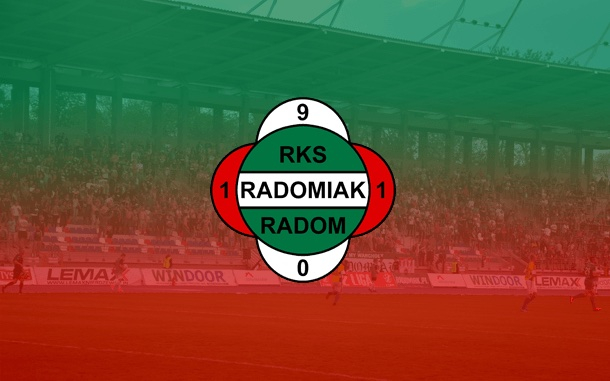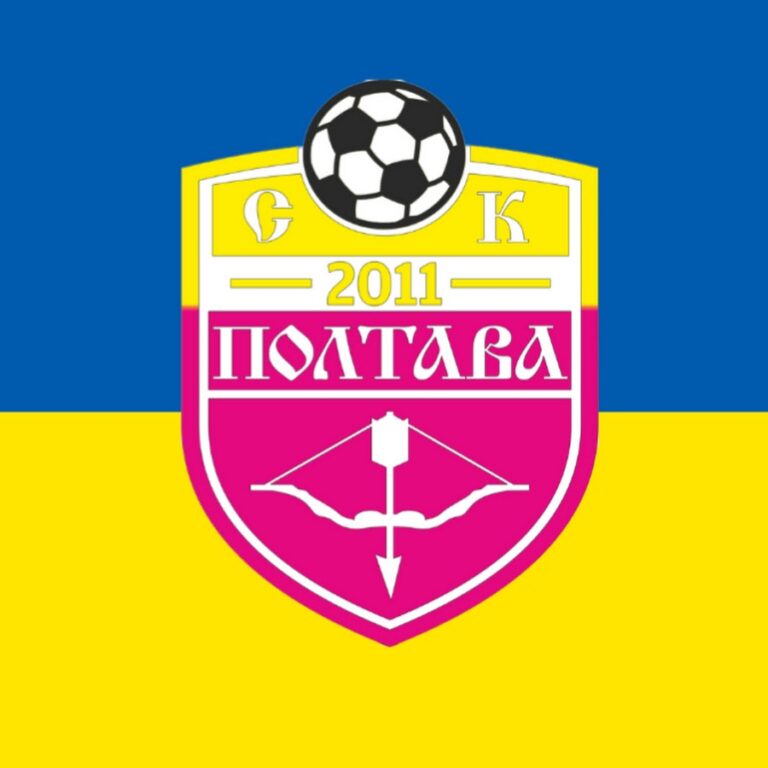
FC Everton: A Rich History & Legacy in English Football
FC Everton, fondly known as the Toffees, is a historic football club that has left an indelible mark on English football. With its roots deeply embedded in Merseyside, this club has cultivated a fervent fan base and has been home to numerous legends of the game. The journey of FC Everton spans over a century, rich with triumphs, challenges, and a commitment to excellence bongdaplush.com.
FC Everton: A Rich History in English Football
The story of FC Everton traces back to 1878 when the team was founded as St. Domingo’s FC, catering primarily to the local church congregation. It wasn’t until four years later that the name was officially changed to Everton Football Club. This transformation marked the beginning of a remarkable legacy that would see the Toffees become one of the most storied clubs in England.
The Early Years and Formation
In the early years, FC Everton played its matches at various locations before settling at Anfield. The club achieved significant success in the late 19th century by winning its first FA Cup in 1906. This achievement not only showcased the team’s talent but also set the stage for their entrance into the newly formed Football League in 1888.
The Toffees quickly established themselves as a force within English football, claiming league titles in 1891 and 1894. Their early achievements laid the foundation for what would soon become a golden era for FC Everton.
The Golden Era of Success
The 1980s were a particularly successful decade for FC Everton. Under the management of Howard Kendall, the team experienced domestic dominance, clinching the First Division title in 1985 and 1987. Furthermore, they triumphed in the FA Cup in 1984 and secured the European Cup Winners’ Cup in 1985.
This period not only showcased the club’s prowess but also solidified their reputation as contenders on both domestic and international fronts. Players like Graham Sharp, Kevin Ratcliffe, and Peter Reid became icons, leaving an imprint on the hearts of fans and the history books.
The Challenges and Resilience
While FC Everton experienced considerable success, it has also faced periods of challenge, particularly in the late 1990s and early 2000s. Financial difficulties and managerial changes led to inconsistent performance on the pitch. However, the spirit of resilience shone through as the club navigated these turbulent times bóng đá plus.
Despite the challenges, the unwavering support from the fans proved pivotal in helping the club regain its footing. The community’s dedication to FC Everton remained unshaken, serving as a reminder of the legacy and pride associated with the club.
Key Players Who Shaped FC Everton’s Legacy
Over the decades, FC Everton has been graced by a plethora of talented players who have significantly contributed to the club’s legacy. Their skill, dedication, and passion have not only won matches but also captured the hearts of fans.
Legendary Figures in Everton’s History
Some of the most iconic names to don the blue jersey include Dixie Dean, who is regarded as one of the greatest strikers in football history. During his tenure from 1925 to 1937, Dean scored a staggering 383 goals, setting a record that still stands today. His impact extended beyond the pitch, becoming a symbol of hope and determination for many supporters.
Another legendary figure is Alan Ball, who played a crucial role in the club’s success during the 1960s and 1970s. His tireless work ethic and exceptional talent earned him the nickname “the little master.” Ball’s contributions helped FC Everton secure the league title in 1963 and establish itself as a dominant force.
Modern-Day Icons
As the club moved into the modern era, players such as Tim Cahill, Leighton Baines, and Romelu Lukaku have made their marks on FC Everton. Cahill, known for his incredible aerial ability and knack for scoring crucial goals, endeared himself to fans during his time at the club from 2004 to 2012.
Leighton Baines became synonymous with consistency and quality in defense, while his attacking prowess from the left-back position earned him recognition among the best in the league. Romelu Lukaku’s record-breaking goal-scoring feats solidified his status as one of FC Everton‘s most prolific forwards.
The Role of Managers
While players have been central to FC Everton‘s success, managers have also played a pivotal role in shaping the club’s legacy. From the visionary tactics of Howard Kendall to the astute leadership of David Moyes, each manager has contributed to the identity and style of play associated with the club.
The synergy between players and managers often defines a club’s trajectory. The tactical approaches adopted, combined with effective man-management, have ensured that FC Everton remains competitive in an ever-evolving football landscape.
The Home of FC Everton: Goodison Park
Goodison Park stands as a testament to the rich heritage of FC Everton. Opened in 1892, it is one of the oldest football grounds in the world and holds a special place in the hearts of fans. The atmosphere generated within its walls is legendary, encapsulating the spirit of the club.
Architectural Significance
Goodison Park boasts unique architectural features that reflect its historical significance. The grand stands, particularly the famous Park End and Gwladys Street, create an electrifying atmosphere on matchdays. The ground has undergone several renovations over the years, blending modern amenities with its historical charm.
Each corner of Goodison Park tells a story, from the murals commemorating past legends to the memorials honoring club greats. The stands resonate with the echo of jubilant celebrations, heart-wrenching defeats, and passionate chants—a true reflection of the emotional rollercoaster associated with supporting FC Everton.
A Place of Tradition and Community
Beyond its architectural allure, Goodison Park is a hub for the local community. The stadium serves as a gathering place for families, friends, and lifelong supporters, fostering a sense of belonging. The traditions passed down from generation to generation create an unbreakable bond between fans and the club.
Moreover, community initiatives hosted at Goodison Park enable FC Everton to engage with local residents actively. Events range from youth training sessions to charity fundraisers, emphasizing the club’s commitment to making a positive impact beyond the football pitch.
The Future of Goodison Park
As discussions about potential redevelopment or relocation continue, the future of Goodison Park remains a topic of interest. While modernization may be necessary to compete at the highest level, the essence of history and tradition must be preserved. The challenge for FC Everton lies in striking a balance between progress and maintaining the cherished memories associated with their beloved home.



